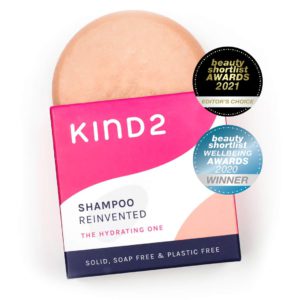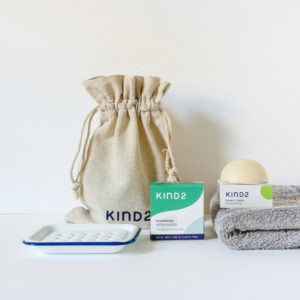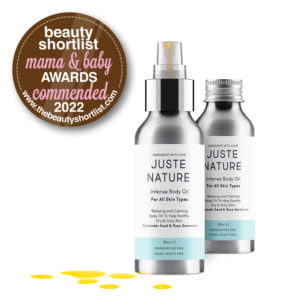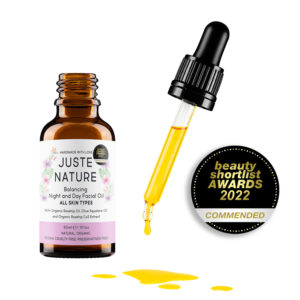Learn About Your Fertility And Biology With Hertility Health

Hertility Health is on a mission to revolutionise the world of women’s health, by offering a testing service to inform women about their fertility, and their biology.
Hertility is an innovative healthcare tech company founded in 2019, and is on a mission to give women the ability to monitor, and to understand their fertility.
With a simple at-home blood test box, called EmpowHer for only £125, Hertility helps women learn more about their unique biology, so that they can plan their fertility future accordingly.
With significant science behind this test, it enables every woman to get personalised answers tailored to their individual needs.
The process begins with an online questionnaire which asks questions such as ‘what brings you to the test?’ ‘are you trying to conceive, suffering symptoms or simply just curious?’
Based on your responses, their testing algorithm tailors each test to suit women’s physiology and desired outcomes, and is then conveniently delivered directly to their door.
Hertility then collects the sample from the comfort of your own home and returns it to their accredited labs for analysis.
The results are compiled into a digital report, which explains your hormone levels and how they relate to your reproductive health alongside the option to discuss your results with a licensed specialist for further guidance or treatment.
The company was founded by Dr Helen O’Neill, a lecturer in reproductive and molecular genetics and Dr Natalie Getreu, an ovarian biologist specialising in fertility preservation.
Both women dedicated their research careers to women’s health, yet felt powerless to help women outside of their own labs. Joined by Deirdre O’Neill, an expert in medical law, they co-founded Hertility to change this.
Furthermore, Hertility is currently running two clinical trials, works with the NHS and has partnerships with 32 clinics and counting across the UK and Europe, to help forward the data and information in women’s reproductive health.
‘We want to make information, help and care accessible and affordable for all, we believe that in an age of knowledge, it is unacceptable to know so little about ourselves.’ said Hertility’s founders.
‘Reproductive problems are not prioritised,’ they added, ‘and women have not been either, which has led to a global drop in fertility rates. We want to stop this drop.’
To check out their website and questionnaire, you can go here: https://www.hertilityhealth.com











